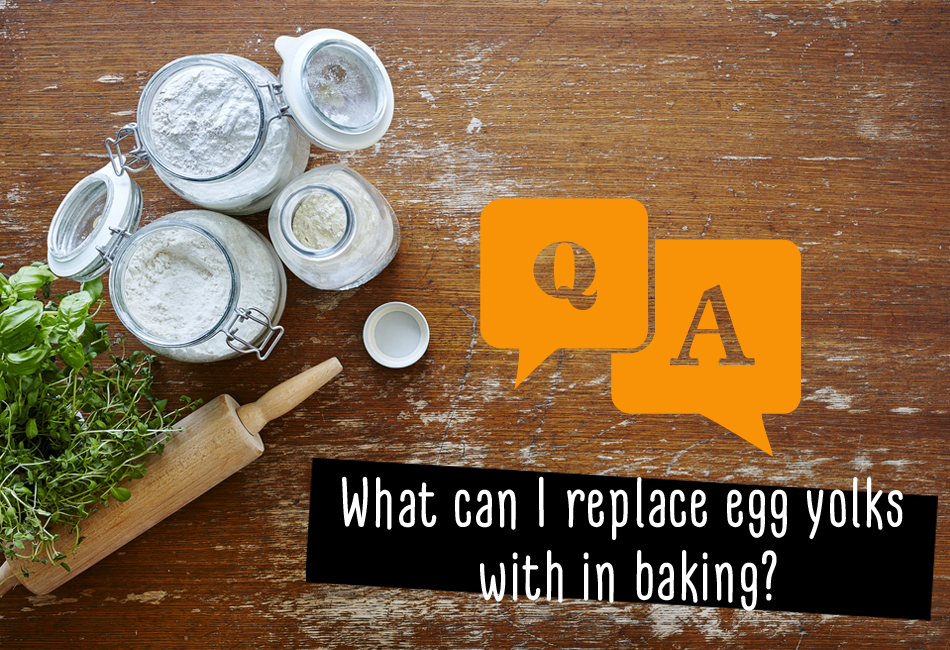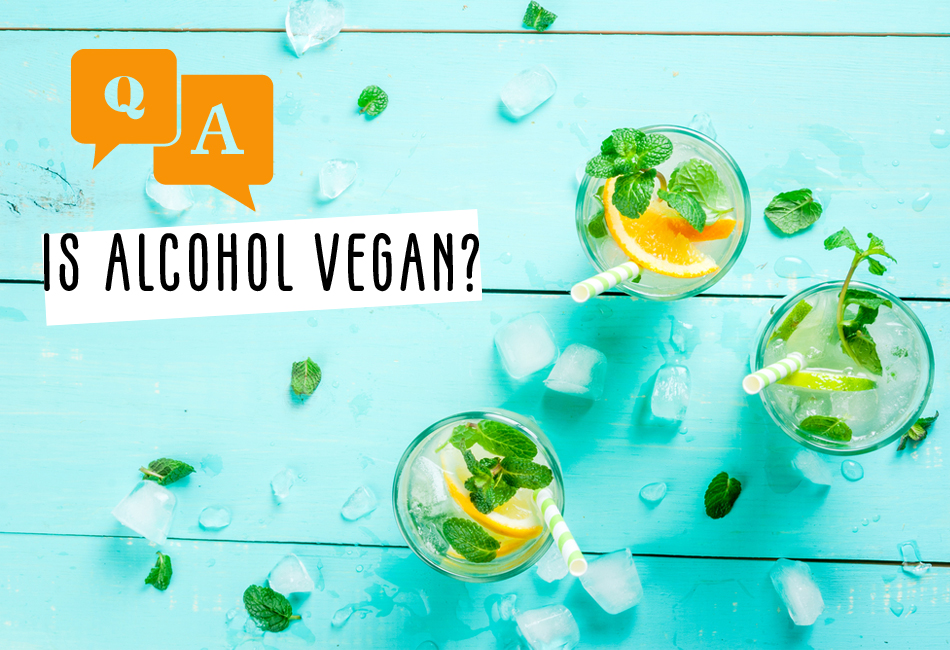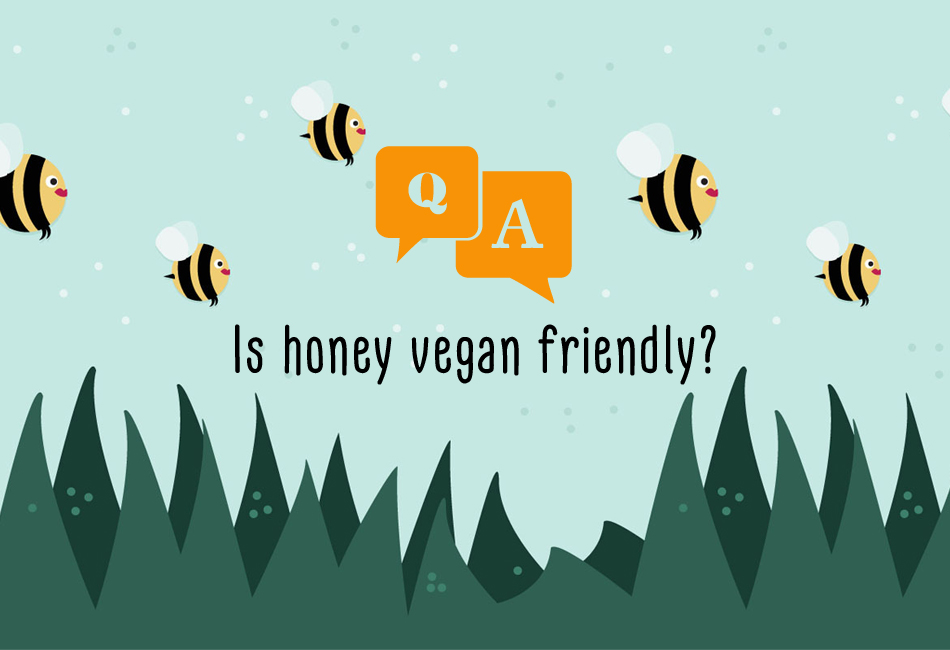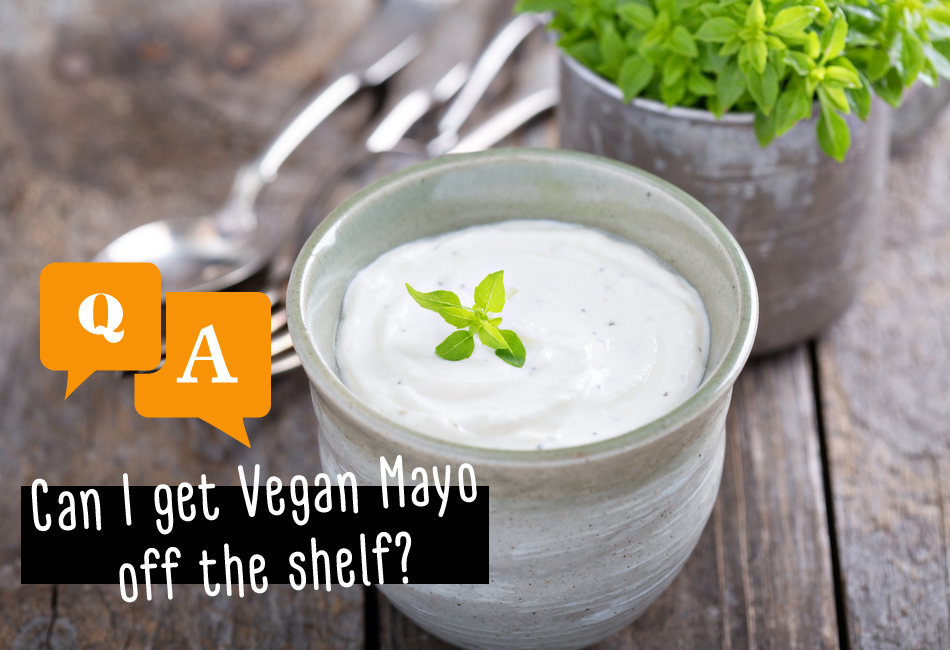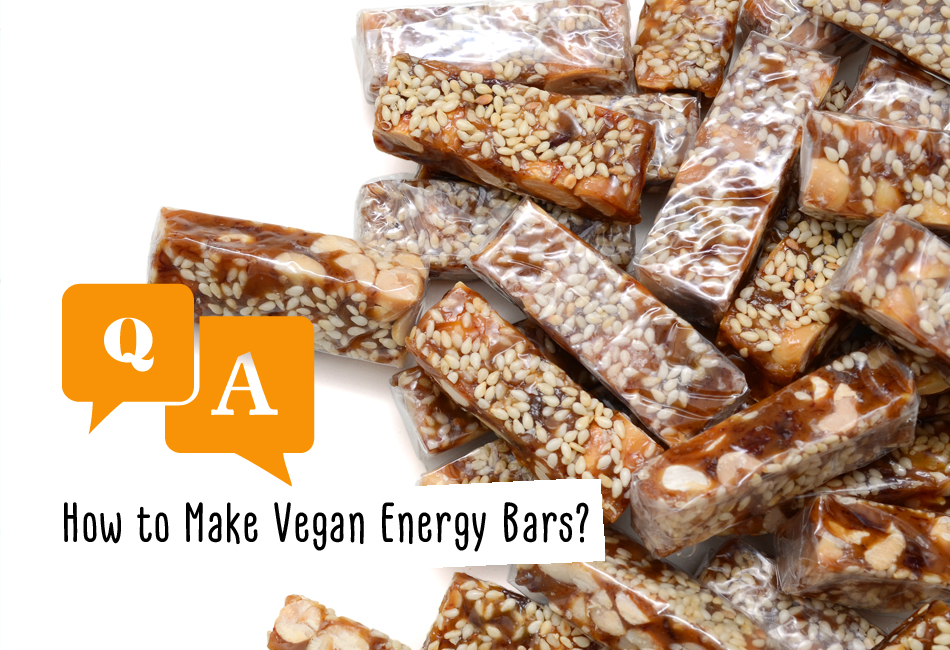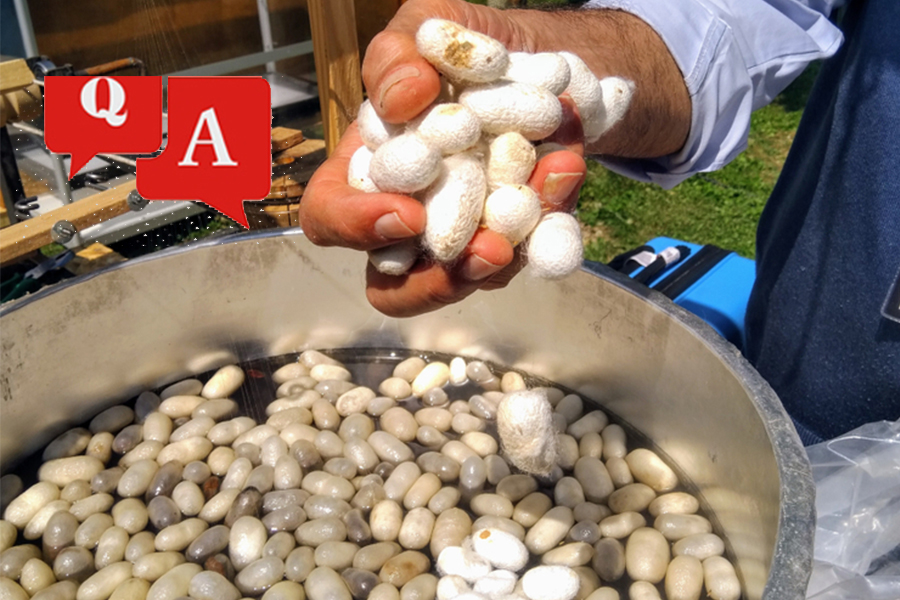Download Free Vegan Starter Kit -

Q&A: Are Artificial Sweeteners good for you?
Many kitchens today are switching to artificial sweeteners as they are considered less evil than table sugar. Therefore, it becomes a preferred product when one is trying to control their sugar levels and calories. However, in a world where we're constantly told that artificial food is bad for you - is it true for sweeteners too? Let's find out.
The World of Sweeteners
Do you know that some instant tea mixes and the low-carb breads in the market contain an element named Neotame, which is almost 8,000 times sweeter than the normal table sugar? In fact, toothpaste, candies, chewing gum, and even baked goods, contain artificial sweeteners like Sucralose, Saccharin, or Glucin to enhance their flavour and sweetness. As with anything when taken in excess has an adverse effect on our health, it brings us to our next question - what role does artificial sweetener play on our health?
1. It messes with taste buds
Artificial sweeteners are much sweeter than sugar. Even natural ones like stevia are around 300 times sweeter than table sugar. Exposing the taste buds to such high amount of sugar makes them less responsive to natural sweetness. So, if you become over sensitised to sweeteners, your palate won't find the taste of fresh fruits and vegetables as delicious as they are.
2. Inconclusive about Insulin
Studies show that there are no significant short-term effects of consuming products with artificial sweetener. However, there are some studies being conducted that suggest that in the long run, they may cause gut and metabolism irregularities leading to dysfunctional insulin production in the body. So, use in moderation.
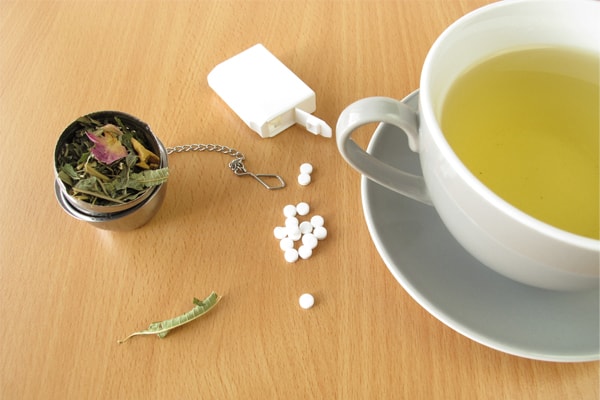
You Overeat
Many people use artificial sweetener as a low-calorie substitute for sugar. Doing so makes one prone to first consuming diet products with sweeteners and then further opting for high sugar food groups. For example, justifying having a piece of cake, because you have cut out regular soda from the diet. Additionally, because of its very sweet taste, our bodies crave more sugary products, which works against controlling sugar or calories.
You May be more prone to Diabetes/Obesity
As mentioned before, there are studies that suggest that people who consume large portions of artificial sweetener for a long time can deteriorate a certain bacteria in their gut that would mess with their metabolism. This in turn, will put the person at high risks of obesity and diabetes. The exact two diseases most people give up sugar for.
Is it Vegan?
This is a two-part answer to this. Most artificial sweeteners are made in labs and created using chemicals, therefore, we can say that they are vegan. However, a lot of these sweeteners have been tested on animals - making them non-vegan. Although there are many non-nutritive natural derived sweeteners like stevia that are vegan, it's important to do a little research on the brands that sell these sweeteners to know if they test on animals or not.
Listed below are a few common brands that are and are not vegan
Sweet N Low - VEGAN, non-animal derived ingredients and not tested on animals
Equal - NOT VEGAN, The company has not tested on animals however it contains aspartame, which is really bad for health, and the ingredient has been tested on animals.
Splenda - NOT VEGAN, yes the product is made from non-animal derived ingredients. However, in 2000, a series of reports talked about how animals were being used to test the effects of sucralose. The conditions and tests were so heinous that 12000+ animal deaths were reported.
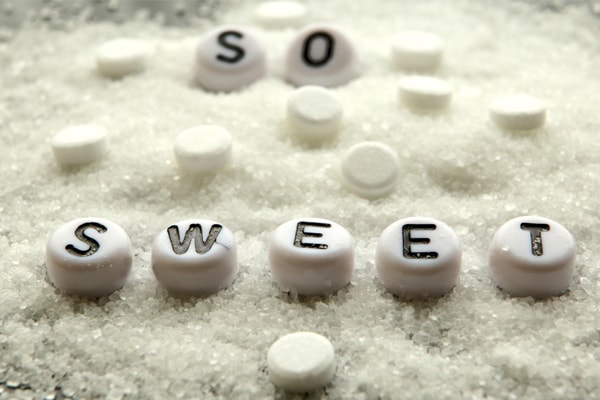
Are there really any healthy sweeteners?
Yes, there are a few healthy sweeteners but if you're looking to substitute sugar for health purposes, we would recommend you to consult your doctor and look for more natural ways to lower sugars, like regular exercise and a low-carb diet.
If you want to pamper your sweet tooth once in a while, here are a few healthier options -
Molasses – Taken from refined crystallised sugar, it is rich in iron, magnesium and Vitamin B. Most of the times, molasses don't go through the process where bone char is used as manufacturers want the natural dark brown colour which is indicative of high-quality molasses. However, some manufacturers may use bone char and that would result in a lighter or clear liquid. To be sure about the product, do research before buying.
Stevia – It doesn’t affect blood sugar levels and is best suited for diabetic patients. Stevia is actually a non-sugar, zero-calorie leaf which is more potent than sugar. It is currently the most used sugar substitute and can be found in most gourmet grocery stores.
Maple Syrup – It is not the best but not ther worst either as maple is a natural sweetener. Hence, Maple syrup can be incorporated in your diet plan instead of sweeteners.
In Conclusion
If you can wean yourself off sugar, nothing could be better than that! If not, there are many good dieticians, nutritionists, doctors and even books that can guide you. Last but not the least, living a balanced life that works for you and makes you feel good from the inside out is what will eventually keep you healthy.
Like This?
Read: Q & A: What is the Difference Between Chia Seeds and Sabja?
Read More: Q & A: What can I Replace Egg Yolks with in Baking?
AUTHOR

trending
Be a Vegan First Informer
Send us buzzworthy news and updates
related
Explore
Contact Us
About Us
Stay Connected
Copyright ⓒ 2017-2023. VEGAN PASSION PRIVATE LIMITED. All Rights reserved.
For more information, please write to hello@veganfirst.com
Registered Office Address: 55, 2nd floor, lane 2, Westend Marg, Saidullajab, Near Saket Metro Station, New Delhi, Gadaipur, New Delhi South West Delhi, DL

2.png)

.png)
.png)
2.png)
2.png)
2.png)


1.png)

